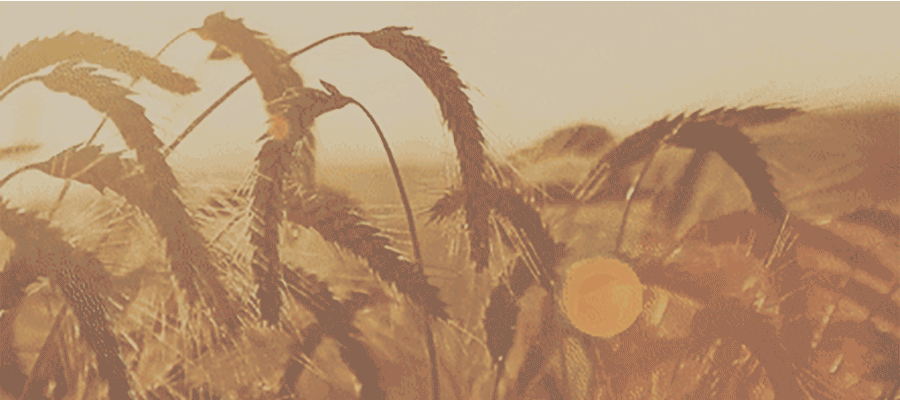
t’s only a few days away, and somehow it’s like a sheath of clouds covers all of it.
Now, it is all crisp: it’s Nkemi, sitting across from him, the warm and living feel of her hand in his warm and living hand; it’s the way the light flickers over the canvas overhead, the way it shifts and shudders, the shock-blue sky beyond unfurling into the distance and meeting the city at the horizon in its endless sprawl. It’s the scent – not just of what they’re eating, though that’d be enough – it’s the scents of many foods, so many scents he’s no name for them, like the brush of dozens of fields.
It might be dizzying, in some places; here, delirious as he is from the long nights on the aeroship, he feels there is firm ground under his feet, and he doesn’t have to look forward. The market will be what it will be. The desert will be what it will be. She’s promised she will be there, through all of it, and he doesn’t try to see a mirror in her eyes.
(Though he knows he cannot help it – he has a sense, creeping slow, of what may come in the desert, in Serkaih, as she brings the thing that he is into her family’s home.)
But all of that is so far away from the spread of food before him, and her watchful – but cheerful – eyes. When his hand comes away from hers, it goes to his water; he takes a thoughtful sip, though he conserves it, eying the meat and thinking he may need the lot of it before the Thul’amat dasher comes back.
Yes, she says, and there’s a pause. He feels remembrance in the gap; even when she goes on, there’s more in the gaps than in what she says, and it reminds him even more – achingly, for all it doesn’t seem a galdor’s snide glimpse of tekaa, as he knows galdori – of the gaps he used to listen to such a long time ago.
At the question, he pauses; he still feels the ache. It’s the feel of a casual question, for all he can feel her eyes on him; she’s taking another bite, easy-like.
The wind ruffles the covering, picks up so it tangles through his hair and creaks the supports. He breathes in deep. He’s smiling, still. “He spoke of,” he starts, then pauses, thinking of how she’s said it. All of the sudden, he laughs; it’s unexpected and lovely, the feel of it bubbling up.
The thought of him has been so sad for so long; this remembrance is anything but sad.
“He was a child,” he explains, tearing off another bit of bread – not his final piece, in the end, he thinks wryly; he seldom listens to his body, but it’s got more of an appetite than he expected. He manages to check himself from saying boch, but only just. “He was afraid, I think, wind on the heart, though he never said it that way to me,” he goes on, “and coughed on the incense, for all he grew to love it. There is much smoke, he used to say – and through it, clarity.”
He expects it will be difficult, saying it aloud. Repeating those words. It’s not; there’s not even a prickle in his eyes.
He smiles looking out over the city, at all the carefully-tended greenery on the rooftops.
“He spoke of it with a certain – weight.” He coughs suddenly, just as unexpected as the laughter, the lingering bite of meat stinging. He takes a sip of water, then looks at Nkemi. “He used to tell me that those crossing the desert have a… different mindset, though he never explained what he meant.” He used to say, he doesn’t say, that I was a flood in the Rose, and him a sandstorm in the desert.
He eases back; he tries not to dwell on how astonished he is at how well he’s eaten. He feels at ease, full-but-not-too-full, and he lets it settle through his body, and he doesn’t fight it. “I don’t think he ever thought I’d see it; I think he thought it was a thing that must be seen, a thing that’s hard to put in words.”







